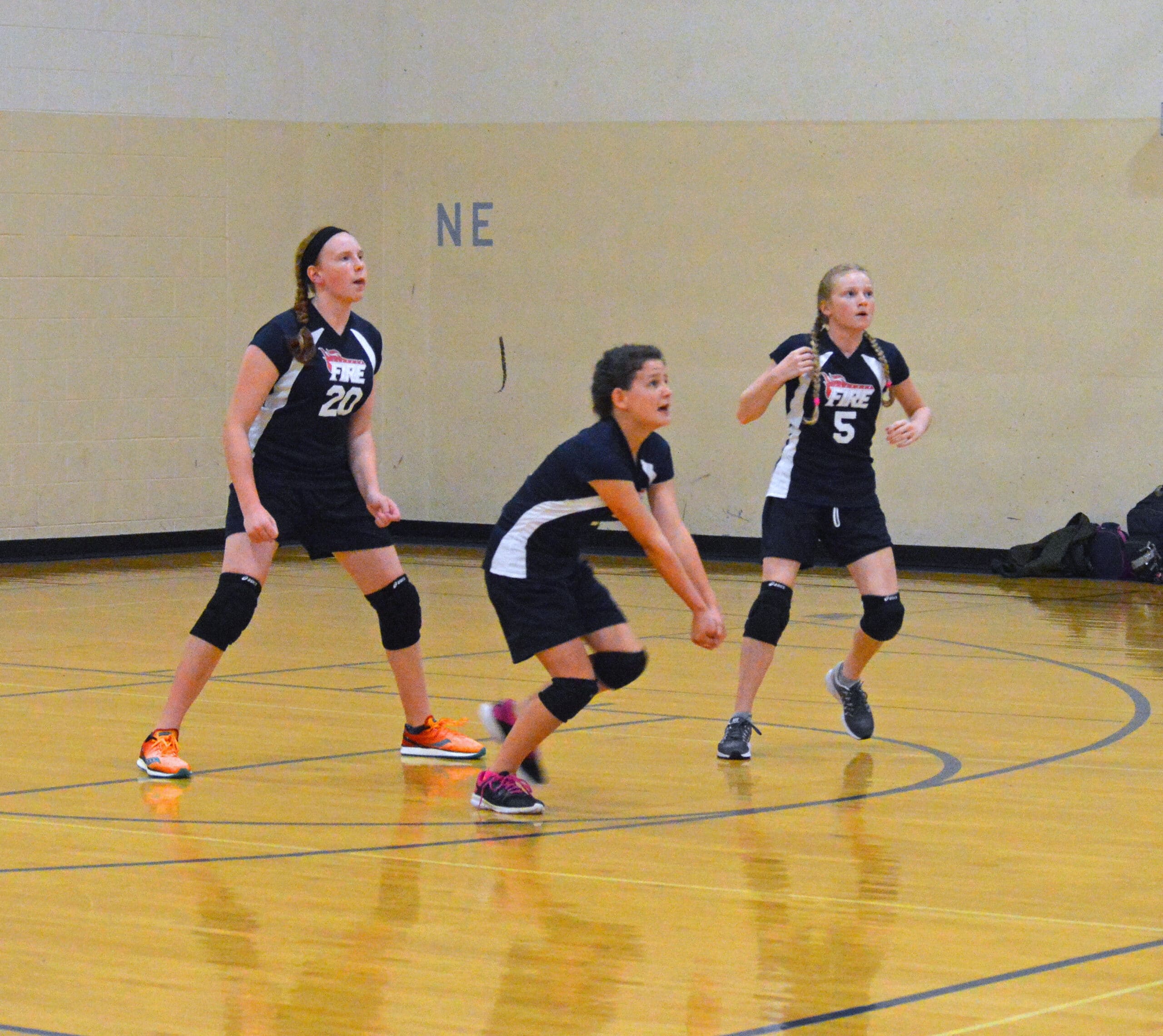I have been tinkering with “experimental” studying for most of my academic life. For instance, in high school, I would sleep and work at two-hour rotating intervals during exam week. This, I do not recommend!
But over the years, a number of habits have stuck—habits that I never thought of as unusual until approached by others. On one instance, a colleague asked if he could shadow me for a day, noticing that I finished nearly every task earlier than all other students. Later, another colleague pulled me aside, wondering if I suffered from a learning disability or an inability to focus, given the unusual nature of my studying routine. Apparently, only a doctor could have prescribed such oddities!
While it’s true that each person must develop his or her own routine in terms of reading at home, paper writing, recitation practice, and the like, below I offer 9 simple guidelines that, in my experience, have been helpful.
1. Take advantage of white noise.
It’s possible that I am the only person to have ever completed the majority of a doctoral dissertation in a gym lobby. This, of course, is the first and most obvious habit noticed by others! But why such an unusual location?
One reason is that my gym has a very loud HVAC system. A key to both good reading (retention) and writing (with good flow and fewer errors) is to speak aloud. For native speakers, our ear naturally knows what kind of writing communicates clearly and sounds beautiful. But in order for the ear to hear, you have to make a sound! And generally, working aloud is frowned upon at the library, the default locale of most serious academic work.
So, find a gym, coffee shop, or other location where you can read and write aloud in a clear voice. Of course, the gym also facilitates a second study habit—namely:
2. Exercise intermittently.
In short, work until you feel your productivity decreasing. Then go run for ten or twenty minutes and repeat. I learned early on that if I wanted to accomplish eight hours of productive academic work in a day, I could do so most efficiently by working only for seven hours and interspersing one hour of exercise divided throughout the day.
Reading or writing for long periods of time, frankly, puts my body to sleep! Before long, I feel lethargic and lazy. So, don’t accept that feeling as inevitable. Get up and push your body to the limit, and your mind will follow suit.
3. Once productivity drops, it’s time to relocate.
This point goes hand in hand with intermittent exercising. If you notice yourself losing productivity, seek out new scenery. For the past few years I rotated from 1) the gym, to 2) the library, to 3) my church office, to 4) my home office. If I got stuck or felt myself slowing down, I simply moved to the next place in the rotation and started anew.
4. Break every task into smaller tasks, occasionally with small rewards.
If you’ve been assigned an eight-page paper, do not sit down to write an eight-page paper. First, conceive of four two-page papers that will eventually be combined. Assign a time limit to each chunk (e.g., two hours for the first two-page paper) accompanied by a reward for finishing early (e.g., if I finish in ninety minutes, I’ll watch the World Cup for the remaining thirty minutes before moving onto the next section).
Use a visual calendar to hold yourself accountable for each goal. When Google Calendar finally went from thirty to fifteen minute increments a year or two ago, my efficiency was greatly increased. Why? Because now I could further subdivide each task. And the more subdivided tasks you have, the more items you can check off your to-do list. And the more items you check off, the more momentum you create. Another trick for gaining momentum is:
5. Plan too much time for each task.
Develop the expectation that you will achieve your goals rather than fall short. Yes, we should set lofty goals for our lives. But for the next fifteen minutes? No—don’t be a hero. Just get something done and move on. If I meet nearly every goal I set for myself, I develop the mindset of an achiever, and this creates momentum and an eagerness to do more.
6. Set artificial deadlines that are earlier than the actual deadline.
Do you have twelve college admission essays due on January 1? Not anymore! Now you have four due on October 1, four on November 1, and four on December 1. People who assign work to you don’t know your schedule. But you do.
So, the question is not when a particular task is due, but when it’s due for you. You need to come up with your own calendar of deadlines that best serves your schedule.
7. Always volunteer to go first.
This applies to everything from recitation assessments to picking the date of your senior thesis defense. If you have the opportunity to volunteer to go first, always take it. Why? Because if you volunteer to go first, you subconsciously communicate, both to the teacher and to yourself, that you are confident.
Reflect on your experience: What kind of people wait to the last minute? People who are not prepared. Thus, if I’m going first, I must be prepared. The amount of extra preparation gained by going last rarely counteracts the confidence exuded by going first. And an insider tip: teachers tend to give a little grace to people who are willing to go first. I.e., the standards are higher for those who wait.
8. Line up the most demanding work with your most productive times.
If you come home from school feeling fresh and ready to go, do your most demanding work then. If you’re a night owl and build up steam as the day goes on, then schedule your work accordingly.
This habit involves taking the time to rank one’s tasks on a scale of mental engagement. Some work needs to be done with full mental capacity, while other work can still be accomplished successfully when you’re not at your best.
9. Use artwork that inspires/relates to your task.
This may be practical only for larger projects, but if you’re writing a longer paper on a particular subject or reading extensively, night after night, from a certain novel, use visual cues to keep you engaged.
For instance, I used Caravaggio’s “Supper at Emmaus” as my laptop wallpaper during the past few years as wrote about eating in the Gospel of Luke. On days when the subject seemed dull to me, I would take a cue from the faces of the men looking at Jesus in the painting and try to catch of sense of their excitement and anticipation.
For more advice on study habits and productivity, check out Mr. Barney’s articles on attention: A Call for Focus in Learning: Part 1, Traditional Views of Attention; Part 2, The Science of Attention; Part 3, Practicing Attention.
On studying for exams specifically, see Mr. Atchison’s 5 Tips to Help High Schoolers Prep for Exams.




